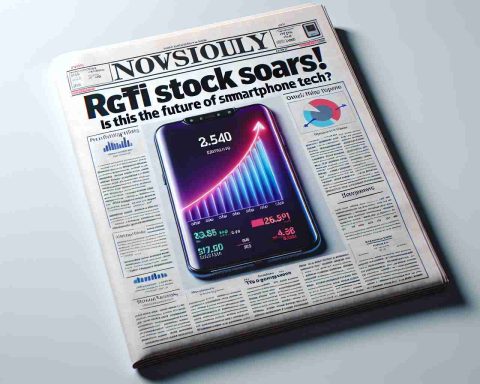Apple’s $1 Billion Move: Is Indonesia’s Strict Policy a Boon or Bane?
Indonesia has successfully influenced Apple to commit a significant investment in the country, thanks to its stringent local content regulations. Apple has pledged to invest a whopping US$1 billion to meet Indonesia’s demands, but critics suggest these stringent requirements might have mixed outcomes for the nation.
As reported, Indonesia, Southeast Asia’s largest economy, initially banned the new iPhone 16 in October due to Apple’s failure to align with local content rules. These rules necessitate that a portion of the components or manufacturing processes occur within Indonesia. Initially, Apple suggested investing US$10 million — then upped it to US$100 million — but both offers were deemed insufficient by Indonesian officials. Eventually, Apple agreed to the substantial US$1 billion investment, a figure that gained favor with President Prabowo Subianto.
This investment includes Apple’s plan for one of its suppliers to establish a plant on Batam Island, designated for producing AirTags and providing approximately 1,000 jobs. Furthermore, Apple is expected to construct a manufacturing facility in Bandung and support the setup of developer academies throughout the country to enhance research and development as well as workforce training.
Dedi Dinarto from Global Counsel in Singapore expressed that Indonesia’s local content strategy is beginning to yield results. The overarching ambition is for the country to evolve beyond being merely a consumer market and become an integral part of international manufacturing processes. However, analysts caution that while potentially lucrative, these regulations could challenge future negotiations with other tech giants.
Apple’s $1 Billion Venture in Indonesia: Game-Changer or Gamble?
Apple’s colossal $1 billion investment in Indonesia has captured headlines as the tech giant seeks to comply with the nation’s strict local content regulations. This move not only signifies a crucial strategic alignment for Apple but also highlights Indonesia’s ambitious quest to bolster its manufacturing sector and tech industry. Here’s a closer look at potential implications, market dynamics, and broader effects of this investment.
Market Analysis: Indonesia’s Rising Manufacturing Sector
Indonesia’s push for local manufacturing aligns with its broader economic strategy to transform from a purely consumer market into a key player in global supply chains. By enforcing local content rules, the nation aims to attract more tech giants like Apple. This shift could position Indonesia as a formidable hub for electronics manufacturing, potentially rivaling other Southeast Asian nations.
Innovations and Developments: Facilities and Workforce
Apple’s pledge includes setting up significant infrastructure, such as a new plant on Batam Island and a manufacturing facility in Bandung. These initiatives are expected to create around 1,000 jobs and support local developer academies. Such developments not only increase local employment but also enhance the skill set of the Indonesian workforce, fostering innovation and growth within the tech sector.
Predictions: Economic and Industrial Impact
Experts predict that if successful, this model could be replicated by other countries aiming to attract high-profile technology investments. Additionally, Indonesia could see a substantial boost in its GDP from the increased industrial activity and improved workforce capabilities. However, the challenges posed by stringent regulations might necessitate a balance to ensure long-term sustainability.
Security Aspects: Supply Chain Dependencies
With Apple’s substantial production shift to Indonesia, questions about supply chain security and dependency arise. It’s crucial for Apple to establish robust processes to manage potential risks associated with centralizing production in a single geographical location, especially in a dynamic global market.
Controversies and Criticisms: Mixed Reactions
While Indonesia’s local content policies have successfully wooed Apple, they could complicate relationships with other tech firms unwilling to commit to similarly large investments. Some analysts argue this approach, while securing significant gains, may deter smaller companies due to high entry barriers.
FAQs
What is the strategic importance of Indonesia for Apple’s supply chain?
Indonesia presents a significant opportunity for Apple to diversify its production sites, catering to local and regional markets while fulfilling regulatory requirements.
How will this investment affect Indonesia’s job market?
Apple’s facilities and academies are expected to create 1,000 jobs and train numerous developers, significantly benefiting local employment and skill development.
For more insights on Apple’s global strategies, visit Apple.
By focusing on sustainable growth and strategic partnerships, Indonesia could pave the way for a new era of technology investment in Southeast Asia. As Apple sets its sights on the region, the world watches to see the real impact of this billion-dollar gamble.






















